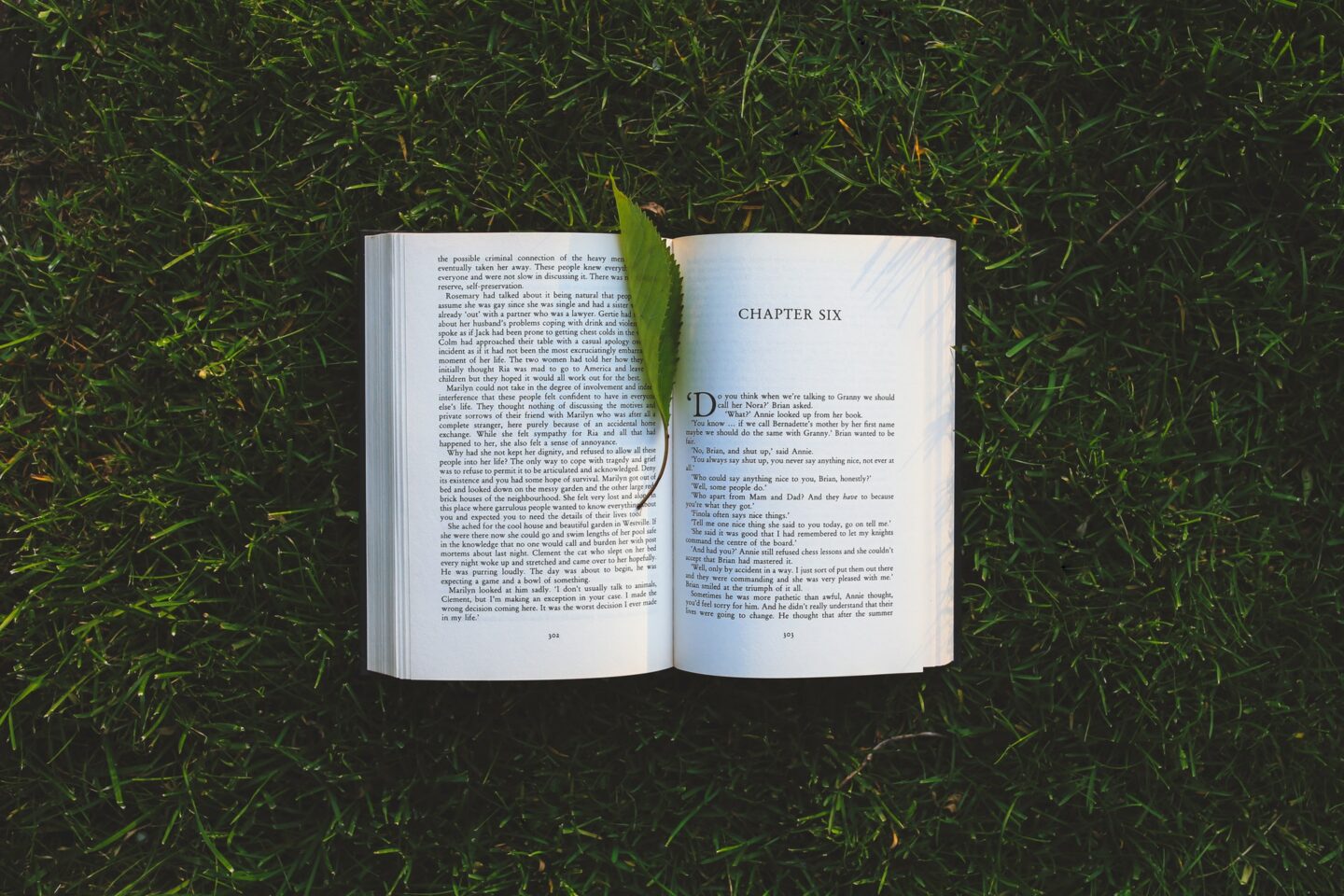Books to Read Before University: Part One

When at school, it’s easy to get bogged down in set texts and prescribed reading lists – meaning that reading for pleasure sometimes becomes a distant memory. However, now that the summer holidays have kicked in, there’s nothing to hold you back. Prepare to expand your mind and unleash your imagination by delving into some of the most influential books ever written…
Ready to get reading? Then sit back, relax, and delve into this special Mentor Education reading list: our guide to the classic books you should seriously consider finishing before you head off to university.
Books to Read Before University: 1984 by George Orwell
Ever wonder where the term ‘Big Brother’ first came from? Yep, you guessed it: 1984.
This classic dystopian novel – repeatedly described as one of the most important books of the 20th century – explores a futuristic society in which three totalitarian governments reign supreme, stamping out anyone who does not conform to their ideology through the fearsome Thought Police and the threat of constant surveillance.
A powerful exploration of government overreach, misleading technology, the manipulation of facts, and the importance of independent thought, 1984 is a must-read for bibliophiles of any age.
The Catcher in the Rye by J.D. Salinger
Originally published in serial form between 1945 – 1946, The Catcher in the Rye charts the misadventures of sixteen-year-old Holden Caulfield in New York City after he runs away from school.
An exploration of teen angst, identity, belonging, disillusionment, and loss, the novel was seen as controversial when it was first published – but its themes and protagonist have since become synonymous with teenage rebellion. Indeed, the popularity of The Catcher in the Rye has endured: it has been translated into all major world languages and around a million copies are still sold every year.
The Great Gatsby by F. Scott Fitzgerald
One of the most famous books on our list, The Great Gatbsy is a tale that continues to fascinate readers around the world – as evidenced by the many film adaptations (including the recent movie directed by Baz Luhrmann and starring Leonardo DiCaprio).
Often referred to as one of the ‘Great American Novels’, The Great Gatsby perfectly represents a powerful moment in American history – the period leading up to the Wall Street Crash in 1929 – capturing both the vibrance and excess of the Roaring Twenties and the lingering disillusionment effected by the First World War. Through the novel’s central characters, unreliable narrator Nick Carraway, millionaire Jay Gatbsy and Daisy Buchanan (a beautiful debutante with whom Gatsby becomes obsessed), Fitzgerald explores the idealism of the American Dream, the recklessness and decadence of youth, and the looming threat of social upheaval.
The Master and Margarita by Mikhail Bulgakov
Bulgakov’s searing depiction of Soviet Moscow follows the Master and his love Margarita as they attempt to stop the collapse of the city: a narrative that combines supernatural devices, religious imagery, comic tropes, and even a talking cat.
Unpublished until 1967, but written at least 27 years prior to that, The Master and Margarita is a blistering portrayal of Stalin’s Soviet Union. As such, it is best read with close attention to the historical context: arguably, the novel can be seen as a reaction to widespread political repression and aggressive propaganda, as well as an exploration of binary notions of good and evil, aestheticism, and the importance of truth. A satirical masterpiece.
Lord of the Flies by William Golding
If you’ve studied English at school, chances are you’ll have encountered Lord of the Flies, Nobel Prize-winning author William Golding’s classic yarn about a group of young boys marooned on an island. The novel has hidden depths, however, which makes it well worth a second look once you’ve reached adulthood.
Set in the middle of a war, the story charts the evolution of a primitive society on the island, as the young boys – most of whom have never encountered each other before – struggle with their new reality. Whilst the young groups’ descent into tribalism and savagery is one of the most memorable things about Lord of the Flies, the novel grapples with many complex themes: the danger of groupthink; the tension between rationality and emotion; and the conflict between civilised living – and an individual’s need for order – and the desire for power. An evocative, disturbing allegory, Lord of the Flies has as much to offer a seasoned reader as it does a young mind, and is a highly-recommended summer read.